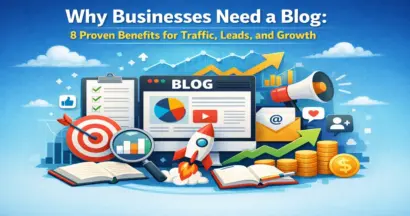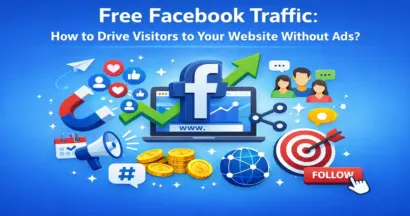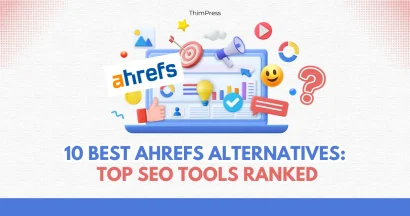Retail ERP business holds great value in the market. Because it acts as a bridge between the manufacturers and the end-consumers. From staying updated with the customers’ buying trends, needs, and demands to maintaining stronger communications with the suppliers and the other vendors for timely deliveries and replenishments of the items, there is a lot to handle in a retail ERP business.
However, retailers are no superheroes who can handle everything on their own. So, if they do, the business may face challenges related to faulty entries, and reporting due to manual data entry errors. Retailers need to understand the fact that to keep the business up and running smoothly without errors in entries or in the business processes, they need to switch to modern-age ERP software. It not only just understand the requirement of their business but also support their growth opportunities.
Let’s take a look at a system that is specially built to cater to the specific needs and demands of retailers – Retail ERP software.
What Is Retail ERP Software?

Just like normal ERP software, Retail ERP software automates and manages the entire business functions. Also, it integrates them with a common platform. When talking specifically about Retail ERP software, developers from top software development companies designed ERP in such a way that it supports the chain/branches of retail stores, warehouses or inventory stores, supply chains, etc. As it is difficult to keep an eye on all the stores at one time, it integrates all the stores with headquarters providing greater transparency and real-time information about product movement, inventory, sales/CRM in particular stores, etc. Also, it creates a common gateway of transactions to avoid the last-minute hurdle of the retailers at the time of GST filing.
Let’s learn in detail the features of ideal Retail ERP software:
1. Retail Planning and Scheduling: This kind of planning includes strategizing and analyzing different scenarios. These can help in increasing the overall turnover of the retail store. It includes everything from resources to inventory to infrastructure, etc.
2. Optimization of Store Operations: This feature is all about establishing greater efficiency in the processes with resources and technologies to drive business growth and enhance the customer base.
3. Inventory Management: The most important aspect of the retail business is inventory. QR code-based inventory management helps in tracking stock movement more efficiently. It also analyzes the out-of-stock or in-stock situation to give the retailers a clear picture related to products and items.
4. Supply Chain Management: ERP software optimizes the end-to-end supply chain for retailers. From the shipping of the product to the final delivery, you can track the movement of products/batches to avoid any security issues/ late deliveries.
5. Demand Forecasting: Analyzing the customers to better understand their upcoming demands is important for the business. ERP for retail businesses empowers retailers with supporting stats to better predict the future demands of the customers.
6. Financial Management: This is indeed the most important aspect of every business, where the overall profit/loss is calculated. ERP for retail helps in streamlining the finance and accounts-related processes. It also analyses waste management and cost management to align all the company Hyperlink InfoSystem reviews financials in a better space.
Only the right ERP software, like SAP Business One for retail businesses, can deliver high ROI owing to the fact that it has features that are specially designed to help retailers better run their businesses.
Conclusion
The matter of when you can manage retail ERP is very important for your business. The system and management will help users run their works more efficiently.



